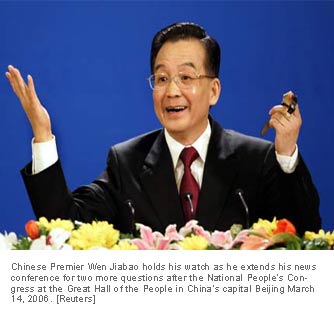Roche licenses China firm to produce Tamiflu (AP/Xinhua) Updated: 2005-12-12 19:57 Roche has come under international pressure to ease its monopoly grip on the manufacture of Tamiflu, which is considered the most efficient treatment in case of an outbreak of human influenza caused by a mutation of the bird flu virus. The company has been pressed to step up production, cut prices and allow other companies to make copies of the drug. Roche said it will now evaluate the potential partners' specific skills, the quality of their production and their delivery speed before making the final choice. "We will then choose among the companies to help us with certain steps in the production process such as fermentation or alcoholic granulation," said Roche spokesman Daniel Piller. Roche has pledged to increase the production of Tamiflu by nearly six-fold by planning to make 300 million treatments annually by 2007 in order to meet government orders amid fears of a flu pandemic. Roche said it could already produce the 300 million annual treatments with its existing partners such as Mylan Laboratories Inc. of Pittsburgh or Israeli drugmaker Teva Pharmaceutical Industries. The making of Tamiflu is considered very complicated. Although some 50 companies around the world have bought or ordered supplies of Tamiflu for pandemic stockpiles, so far Roche has no firm orders for 2007. That leaves the company with a large degree of uncertainty over possible future needs. For example, Roche has not yet received any large orders from the United States ¡ª although President Bush has proposed stockpiling anti-flu drugs Tamiflu and GlaxoSmithKline PLC's Relenza for 81 million people. and U.S. Department of Health and Human Services Secretary Michael Leavitt has called for a Tamiflu stockpile to treat 20 million Americans. So far, the United States has only enough anti-flu drug doses in stock to treat 4.3 million people. Roche said it has already brought forward delivery schedules for countries that have had large bird-flu outbreaks, or are near countries that have. Roche has also allowed Vietnamese companies to encapsulate Tamiflu locally. Tamiflu is not patent-protected in Thailand, the Philippines and Indonesia. As a result, local governments can purchase and manufacture oseltamimivir at their discretion. Roche shares fell 0.2 percent to 204.70 Swiss francs ($157.20) in Zurich
trading.
|
|
|
|
||
|
||
